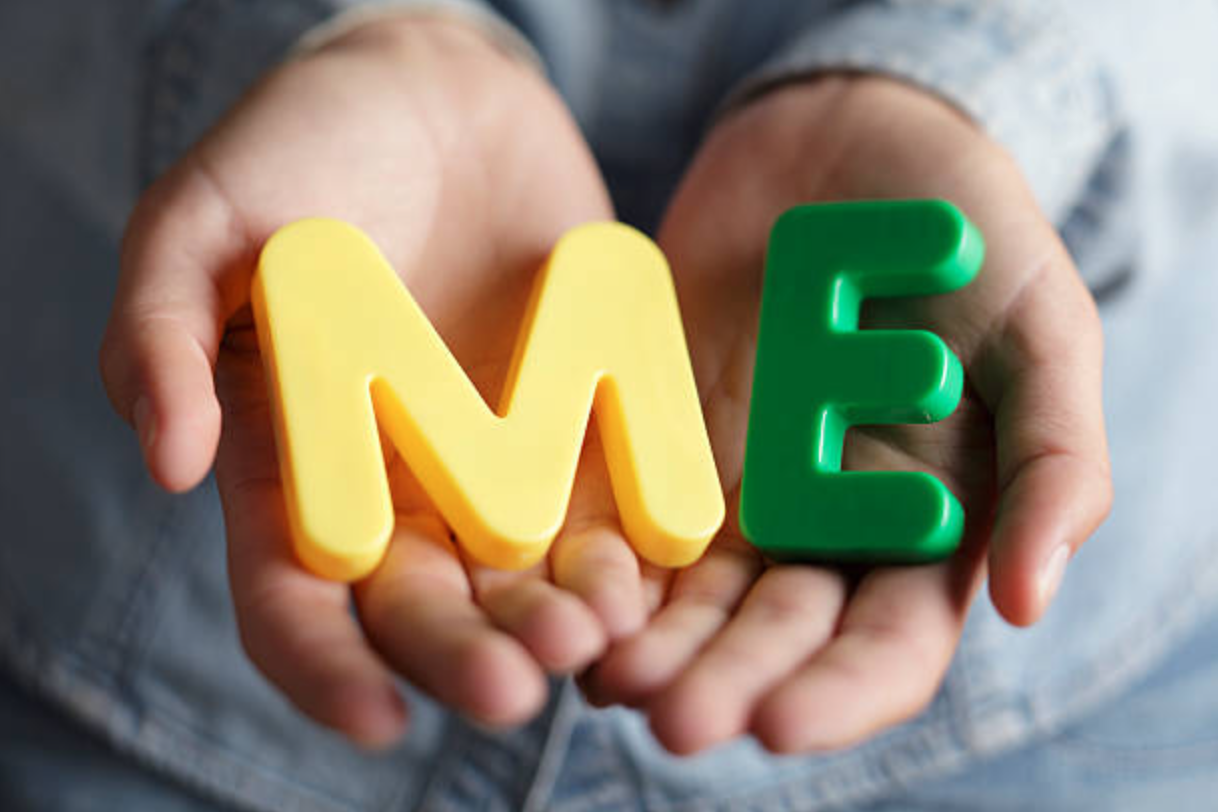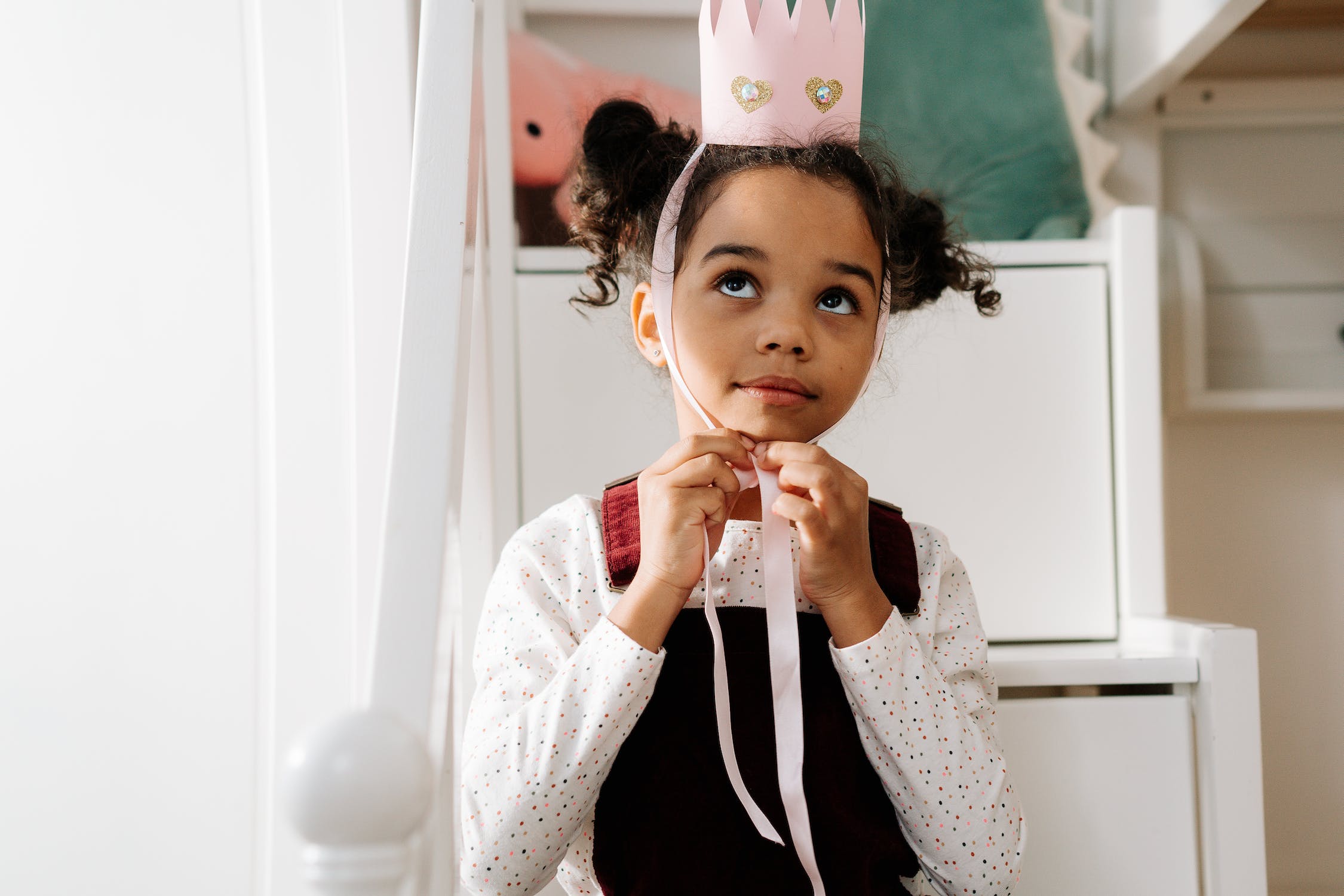Parenting Conversation: How Not to Raise a Narcissist
12th February 2023
The Greeks Gods were onto something when they punished the beautiful Narcissus. He was a beautiful young man, whom many feel in love with, but he only greeted his female suitors with disrespect. Ultimately, he broke the heart of a nymph named Echo; and Nemesis, the goddess of revenge punished Narcissus for his arrogance. She guided him to a spring, where he fell in love with his own reflection. Once he discovered he could not embrace it, he died of frustration. Whilst a little extreme, this story does beg the question - was he born a Narcissist, or did his parents turn him into one?
“A narcissist, by definition, is someone with a pervasive pattern of grandiosity, need for admiration, and lack of empathy,” - Cory Newman, PhD, a professor of psychology at the Perelman School of Medicine at the University of Pennsylvania.
Narcissism is a term loosely used to describe people we find selfish, self-absorbed, who put their needs ahead of others. Most of us have experienced it at some stage in our lives; that terrible ex, the playground bully, or that awful boss that takes credit for your work. But what most people don’t know, is that narcissism is a serious personality disorder, affecting almost 5% of us, and mostly men.

How can you tell the difference between a narcissist and someone with high self-esteem?
In short, the missing link tends to be their capacity for empathy and self-awareness. Someone with high self-esteem is inclusive, empathetic and views their social group as equals. They seek to get along, not ahead. For them, relationships are meaningful in themselves, and not a vehicle to compensate their fragile self-worth.
A narcissist, however, sees their social world as a ladder that they need to climb up, taking advantage of people around them to feel they are the best, the most recognized and admired. There is no empathy and there are no equals, you are either above or below them, and your relationship with them is a means to an end to fill their void of self-worth. Their self-esteem is in fact fragile, causing them to lash out aggressively when criticized, rejected, or teased. Their inability to empathize with others and seek out true friendships can create problems for them throughout their life and push them to the margins of society.
According to psychologists, this fine line between high self-esteem and narcissism can be established as young as three years old. The exact cause of narcissistic personality disorder is difficult to pinpoint, but psychologists agree that both genetics and upbringing play a role. And whilst personalities can be inherited, the influence of parenting styles has a significant impact.

From an early age, traits of narcissism can develop through treating your child unrealistically, either through parental neglect and abuse or more commonly through over praise and overindulgence. Around seven years old, most children have a drop of self-esteem as they start to realistically compare themselves to their peer group. But for narcissists, this is just the beginning of their unrealistic and inflated view of themselves. Findings from the Proceedings of the National Academy of Sciences found that parents who ‘overvalue’ their kids between the ages of 7-11, describing them as ‘more special’ and deserving of ‘something extra’ than other kids, raised children who scored higher on tests of narcissism. According to Eddie Brummelman, lead author of the study and post-doctoral researcher at the University of Amsterdam “rather than raising self-esteem, overvaluing practices may inadvertently raise levels of narcissism.” By labelling them as ‘extra-special’ you may be doing more harm than good.
So how can we ensure that we raise children with high self-esteem rather than kids that endure a narcissistic future of dysfunctional relationships? The more we delve into this issue, it becomes glaringly obvious that the greatest lesson we can teach our children is empathy and true self-worth, with a touch of humility thrown in.
The sooner you teach them that the world does not revolve around them, that they can laugh at and embrace their own imperfections, whilst contributing positively to the world through acts of kindness and hard work, the better. Recognizing and accepting their limitations, that it is ok to be ‘ordinary’ or ‘average,’ and understanding that it’s about putting the effort and enthusiasm into life rather than taking from others or having to be the best or strongest the whole time is one of the greatest gifts you can give your children. To feel that they are enough, just as they are, is so important. Try telling them how much you enjoy their company today, and how you value their friendship and watch their heart glow (rather than their head!)

But how do we praise our kids? It’s a natural impulse to root for our children and lift them up. This is our instinct as parents. But amazingly, kids don’t actually need a lot of praise to build their self-esteem. If you give too much, and keep telling them how special they are, they will then crave it and rely on it for their self-worth. So, when you want to praise your kids, be specific and sparing. It is much more empowering to be told why you were good at something, rather than just a vague ‘good job!’ Focusing on commending their effort and hard work encourages them to be enthusiastic about putting in the effort in the first place. When we are precise with our compliments, we are also telling them that we appreciate and recognize their value and contribution, boosting their sense of self-worth.
For small kids, it is often hard for them to imagine a universe where they are not in the center. The sooner you can help them understand that they are part of a social group where kindness, cooperation and consideration are valued, the better. Helping them to act with compassion rather than ‘what’s in it for me,’ will encourage them to treat others how they would like to be treated and become decent citizens of the world. In this ‘me me me’ generation of social media and excessive screen time, there are often external influences you may not notice that are putting all sorts of ideas into their heads about being extra special, entitled and excessively aggressive when attacked or rejected. Whilst many programs can be educational and positive influence, get smart on the ones that are having a negative impact. Try curling up on the sofa and reading fiction with them, it can be a great way to help them learn about how to process feelings and situations.

One of the most important tools to helping your child develop is setting boundaries. It is often the most challenging. “No” must mean no and rules need to be rules, with no exceptions. If you relax too much on this then your children may develop a sense of entitlement and disregard authority, believing themselves to be able to ‘get away with it,’ and be above the law, or superior to others. By emphasizing equality, and easing the idea that they are special, you are in fact helping them to understand how to interact positively with situations and develop real friendships. To further empower a feeling of self-worth, encourage them to work for things, and to understand the value of their time and effort.
But most of all, tell your kids that you love them, that they are a valued member of your family and that you recognize their contributions and effort. If you can do this, you are on the track to high self-esteem...
Have a question for MC?
Email us at askmc@mariechantal.com

Join Us On Spotify
Browse MC's recommended playlists for bathtime, playtime and then when baby has gone to bed, grown-up time.



